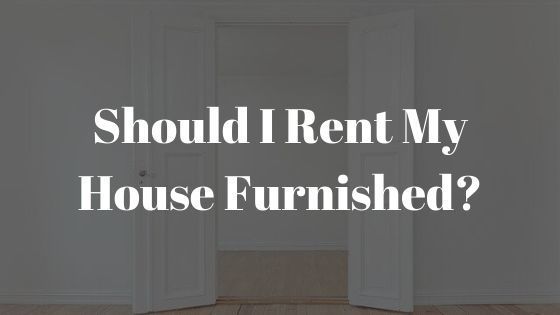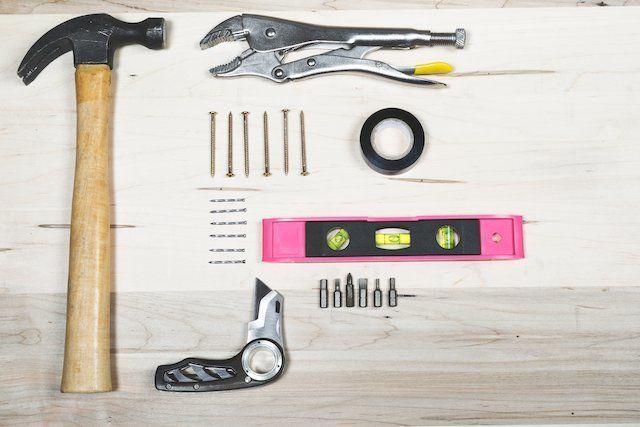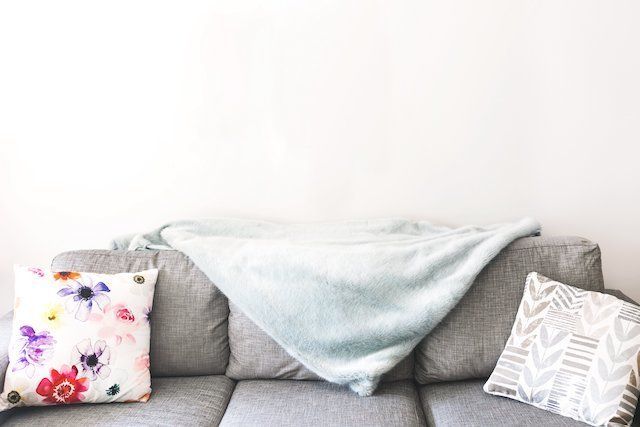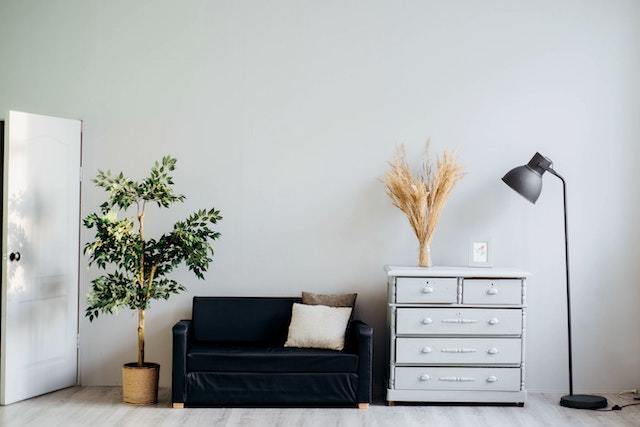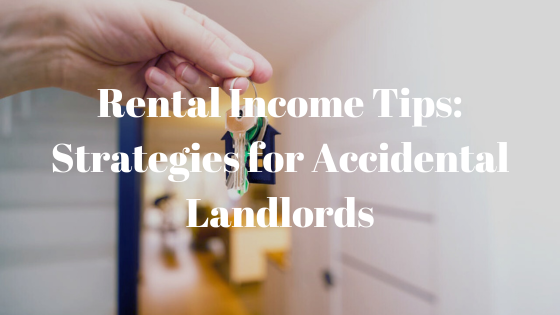Should I Furnish My Rental Property?
March 4, 2020
Should I Rent My House Furnished?
Many landlords in Charlotte, NC
ask themselves the same question.
Should I rent my rental unit furnished or unfurnished?
There are a countless number of advantages to both options. The answer, however, is dependent on the landlord and his or her ideal renters.
On one hand, there are tenants who have accumulated their own furnishings from staying long-term in a previous rental property.
On the other hand, there are also tenants who just started renting and have minimal belongings. Some tenants prefer a decorated rental space while others have specific tastes and want to retain the freedom of choosing their own furnishings. This is a delicate situation to balance.
The following are a few factors to consider when deciding to offer a furnished or unfurnished unit:
Is your rental space designed for long-term or short-term stay?
Is your target market a group of young professionals, students or families?
If you have reached a solid decision in terms of which demographic you’re targeting and what their needs are, it’s makes it a lot easier to decide.
Furnished Units
Benefits:
- Less worries for tenants
Tenants can focus on adjusting to their new environment and won’t have to spend extra money on purchasing furniture. The unit is ready for a renter to move in right away. Tenants don’t have to lug around heavy objects and spend on moving costs. There’s a financial upside for tenants renting a furnished home.
- Higher income for property owners
Landlords can charge higher rent for their furnished rental spaces. This is reasonable since they have to make allowances for future repairs.
They also have to account for normal wear and tear
and added maintenance and cleaning fees to spend on when a rental unit comes with furnishings. Moreover, the owners shoulder the costs of the furnishings.
- High demand for occupancy
The tenants who prefer a fully furnished unit enjoy the fact that they don’t have to save up for furnishings. When they also move out, it means less moving costs for delivery vans. It’s a lot easier to simply move and make yourself at home knowing that you have all things necessary for living in a new place. You don’t have to purchase big-ticket items like washing machines, beds, bookshelves, etc.
- Landlords can keep their furnishings upon a tenant moving out
As a landlord, you don’t have to purchase a new set of furniture when a tenant moves out. You can still ask for higher rent using the same furnishing. This also provides you with several choices. You can allow the new tenants to use them or you can transfer them to your own property. If you’re tired of the current furnishings in one unit, you can give it a fresh look. You can try mixing them up with other sets of furniture especially when owning multiple furnished properties.
Drawbacks:
- High possibility of damage
Frequent usage results in damages, sometimes unintentional on the part of the tenants.
When a sofa, for example, has been used for a number of years, it’s bound to not keep its original look.
- Need for storage
Another possibility is that your tenant might look for a clean minimalist look, requiring very few furnishings. If this is the case for your renter, you need a place to store the unwanted furnishings. This calls for a storage unit that you’ll be shouldering the fees for. Otherwise, you can store it in your own property.
- High turnovers
Furnished units are one of the reasons for high tenant turnovers. The tenants have not invested heavily on acquiring furnishings and so they view the rental as a temporary home. Vacation homes fall into this category. Most tourists rent for a few days or a few weeks. When the peak holiday season ends, they leave. As a landlord, you will need to constantly run marketing campaigns to ensure your rental unit isn’t vacant. Otherwise, you’ll still be calculating for the maintenance cost without the rent income.
- Repair costs, maintenance costs, and wear and tear expenses
When it comes to furnished units, you need to set aside a budget for repairs and maintenance. You also have to keep in mind that you have to compute for replacement costs to account for normal wear and tear.
Unfurnished Units
Benefits:
- Tenant’s sense of ownership
If, for example, your Charlotte tenant
bought their own bed and sofa, the rental unit will feel more like home. This is due to the fact that they chose furnishings according to his or her own taste.
They also made sure that it matches the environment of the rental unit. This sense of personalized decorating encourages the tenant to stay longer in your rental property.
- Financial savings
Since you did not furnish the rental unit, there are no additional costs for insurance payment and maintenance costs. This allows you to save your rent income and spend it on renovation projects or property investments.
Drawbacks:
- Rent is lower compared to furnished units
Since you did not purchase furniture then naturally you can’t ask for higher rent from the tenant. This results in a lower stream of income for the landlord.
- Less control
Since the tenant retains the freedom to choose and buy their own furnishings, the landlord cannot set limits. As a result, it can be difficult for the landlord to impose furniture standards.
Bottom Line
The decision to have furnished or unfurnished units rests on you. To prevent needless purchases, it’s a good idea to review what type of property you have and for whom it is intended. Both choices have their own benefits and drawbacks, the important thing is to decide which is suitable for your type of rental unit.
If you have any questions, you can contact us at Dawson Property Management!

